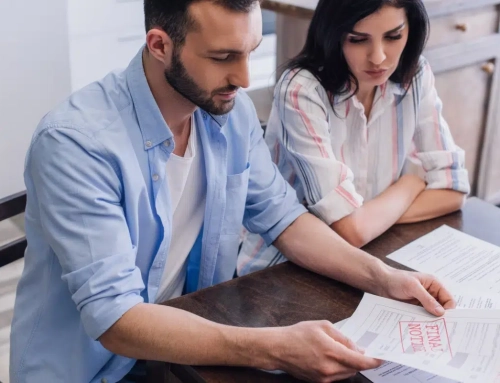Can You Keep Your House If You File For Bankruptcy?
You may be wondering if you can keep your home during bankruptcy. Whether it is possible or not depends a great deal on your current situation regarding payments.
There are certain options that are available to you. In addition, Texas has generous exemptions that you can take advantage of. Here’s what you need to know about keeping your house in bankruptcy.
Protecting Your Home Equity
Your first task should be to establish if you can protect all of your home equity when you file for bankruptcy. Exemptions are available in both Chapter 7 and Chapter 13 filings. Each state will have its own list of exemptions that are available.
If you file Chapter 7 Bankruptcy and your homestead exemption covers all of your equity, the trustee will not sell your home. Chapter 13 bankruptcy allows you to keep your home. However, if you have a remaining mortgage payable, you will be required to repay your creditors in accordance with a payment plan.
The equity in your house is an asset in your bankruptcy. Bankruptcy law does, however, provide for exemptions that are required so you can maintain your household.
The value of these exemptions varies from state to state and where you live has a big impact on your hopes of keeping your home.
Texas Homestead Exemption Rules
Fortunately, you can protect your home with a homestead exemption. The state of Texas allows an exemption for both rural and urban property.

Chapter 7 Bankruptcy
You won’t necessarily lose your home in Chapter 7 bankruptcy. What is important is the equity of your home is within the limit of the exemption and that you are current on your mortgage payments.
If your home’s equity is beyond the threshold, the trustee may resort to the following steps.
- The bankruptcy trustee may sell your home.
- They will settle the mortgage.
- They will then reimburse you the amount of the homestead exemption in your state.
- They will then use anything left over to pay off your other unsecured creditors, like credit cards, medical bills, and utilities.
Simply put, the homestead exemption applies to the property where you live. In Texas, the exemption applies to rural residences that are 100 acres or less. Residences in urban areas that are 10 acres or less may also be exempted.
There are some conditions attached to this exemption to stop people from playing the system. A good bankruptcy lawyer will aid you with these technicalities.
Chapter 13 Bankruptcy
You may choose to file for Chapter 13 bankruptcy. This type of bankruptcy allows you to get a repayment plan to avoid foreclosure. Exemptions may help in determining how much you need to pay, all while keeping payments low. This works when you only pay for property that you can’t protect with an exemption.
Rural Property
In rural areas are limited to 100 acres for a single adult. Where there is a family, then the limitation is placed at 200 acres. This acreage may be subdivided into single or multiple parcels. The exemption also covers fixed improvements on the property.
Urban Property
In an urban setting, the Texas homestead exemption covers property up to 10 acres of property. There is no distinction in acreage for a single person or family. This acreage may be subdivided into single or multiple adjoining plots.
Seek Legal Assistance From A Bankruptcy Attorney
There are various things that need consideration when filing for bankruptcy, especially if you want to keep some of your properties. Austin Bankruptcy Lawyers has bankruptcy attorneys to assist you in filing and keeping your home. The firm will advise you on the most suitable course of action to take. Petitioning for bankruptcy will be smoother with Austin Bankruptcy Lawyers’ help.
Summary
In plenty of cases, you can keep your home when you file for bankruptcy. Regardless of whether you file for Chapter 7 or Chapter 13, you can prevent losing your home with exemptions. Texas has homestead exemptions for both rural and urban properties. For assistance in keeping your home in bankruptcy, be sure to talk to a bankruptcy attorney in Austin.
& Let’s Discuss How We Can Best Help Eliminate Your Specific Financial Struggles!




